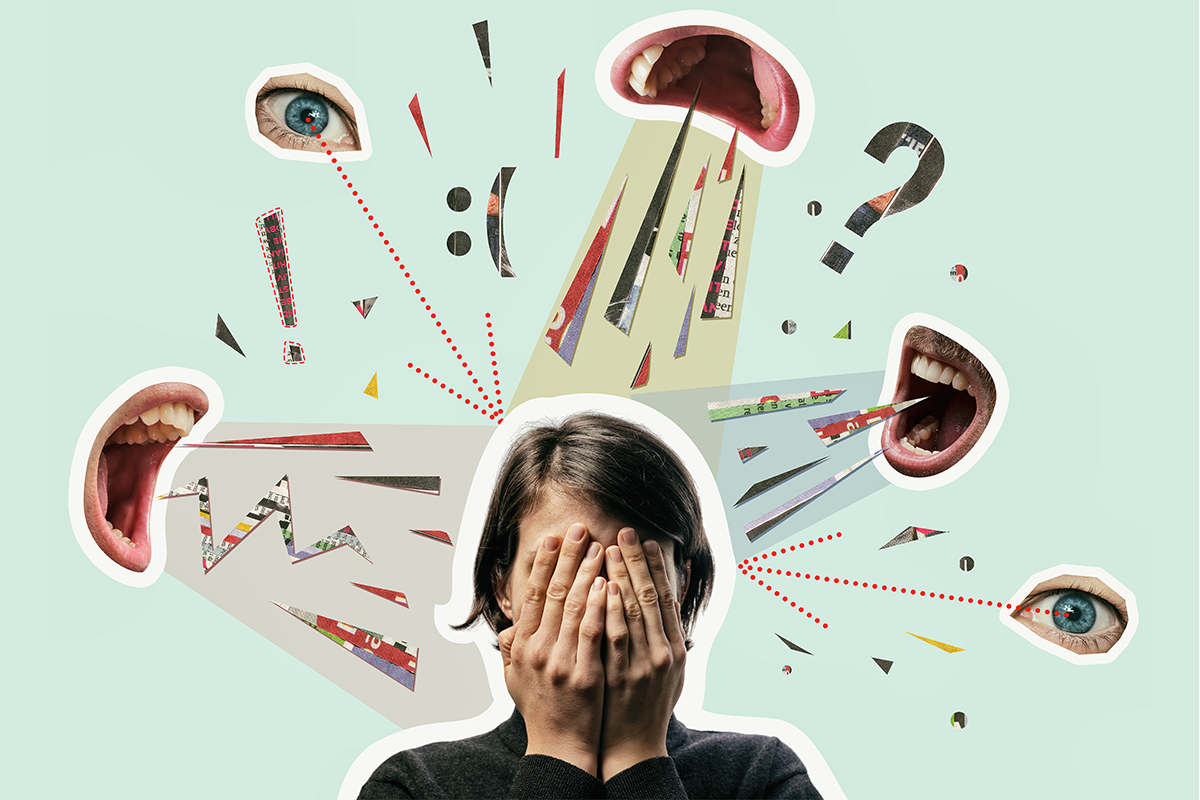Bullying can happen to people of any age. But it often has some of its most profound impacts on school-age victims. In Tennessee, more than 1 in 5 high school students reported being bullied.
“Unfortunately, there’s always a potential for bullying to occur,” says Dr. Deborah Gatlin, a child psychiatrist and medical director at BlueCross BlueShield of Tennessee. “It’s important to understand what it is and how to address it.”
What is bullying?
Dr. Gatlin: Bullying is unwanted aggressive behavior. It can take the form of physical harm, such as hitting or tripping or slapping, but it can take other forms, too, such as:
- persistently calling someone an ugly name,
- spreading mean rumors about someone, or
- ostracizing them from social groups.
Cyberbullying is done electronically, often through computers, cell phones and other devices. It can have far-ranging consequences, since it can reach a large audience and be difficult to remove once distributed.
Regardless of the method used, there are common elements:
- Repetition. A bully picks on their target over and over again.
- Power imbalance. A bully is in a position of greater power than their target, who may be smaller, younger, or more vulnerable.
What’s not considered bullying?
Dr. Gatlin: Teasing isn’t necessarily bullying. It can be affectionate and light-hearted. But if teasing is aggressive and intended to be hurtful, and it occurs over and over, can be considered bullying behavior.
Who’s affected by bullying?
Dr. Gatlin: Bullying can happen anywhere and to anyone. However, individuals are often targeted for bullying because they’re perceived as “different.”
According to the NEA, bullying often happens in response to a student’s:
- weight
- gender
- perceived sexual orientation
- disabilities
- religious beliefs
The impact of bullying on mental health
According to stopbullying.gov, kids who are bullied can experience negative physical, social, emotional, academic and mental health issues. These include:
- Depression and anxiety, increased feelings of sadness and loneliness.
- Health complaints
- Decreased academic achievement. They are more likely to miss, skip, or drop out of school.
Dr. Gatlin: They may think about being ostracized or being picked on, and all their emotional attention is going to that. So it’s difficult to focus on doing well in school. Unfortunately, some kids just drop out.
Sometimes the mental health effects of bullying even manifest as physical symptoms, like:
- headaches
- stomach aches
- sleep disturbances
Substance abuse occurs when victims turn to alcohol and drugs. For some, it can become a way to cope, using it to drown out your sorrow and how miserable you are.
How to prevent bullying
Dr. Gatlin: Keep a sharp eye out for behavior that looks like it could constitute bullying behavior. And if you see it, report it so that it can be stopped.
However, it’s better to prevent bullying from occurring in the first place. You can make a difference by being proactive. Consider these tips:
Educate your children about bullying. Make sure they understand what bullying is and what it can look like in various forms. Stress that bulling is never, ever acceptable.
Encourage your kids to talk to you. Check in with them on a regular basis. Ask them how things are going and listen to whatever they tell you.
Set boundaries for technology use. Cyberbullying can be especially hard for parents to police because they aren’t in a position to see or hear the bullying. Set boundaries so your children can’t stay connected 24-7. Another tip: if your children use social media, require them to connect with you so you can keep an eye on their activity.
Remind your kids to speak up. Once your children understand what bullying looks like, they can intervene. Encourage them to notify a trusted adult about the bullying.
Model good behavior. When your children—and other people—see you treat others with kindness and respect, they will follow your lead.
Be proactive as a parent. Don’t hesitate to ask the leaders at your child’s school about their approach to bullying prevention.
Be aware so you can speak up
Dr. Gatlin: Even with all the prevention efforts, bullying can still happen. So, it’s important to watch for signs that suggest your child is being bullied—or is bullying someone else. Be on the lookout for it, because then you can take action.
Bullying resources
U.S government: stopbullying.gov
Tennessee Department of Education
Get more information about specific health terms, topics and conditions to better manage your health on bcbst.com. BlueCross BlueShield of Tennessee members can access wellness-related discounts on fitness products, gym memberships, healthy eating and more through Blue365®. BCBST members can also find tools and resources to help improve health and well-being by logging into BlueAccess and going to the Managing Your Health tab.


